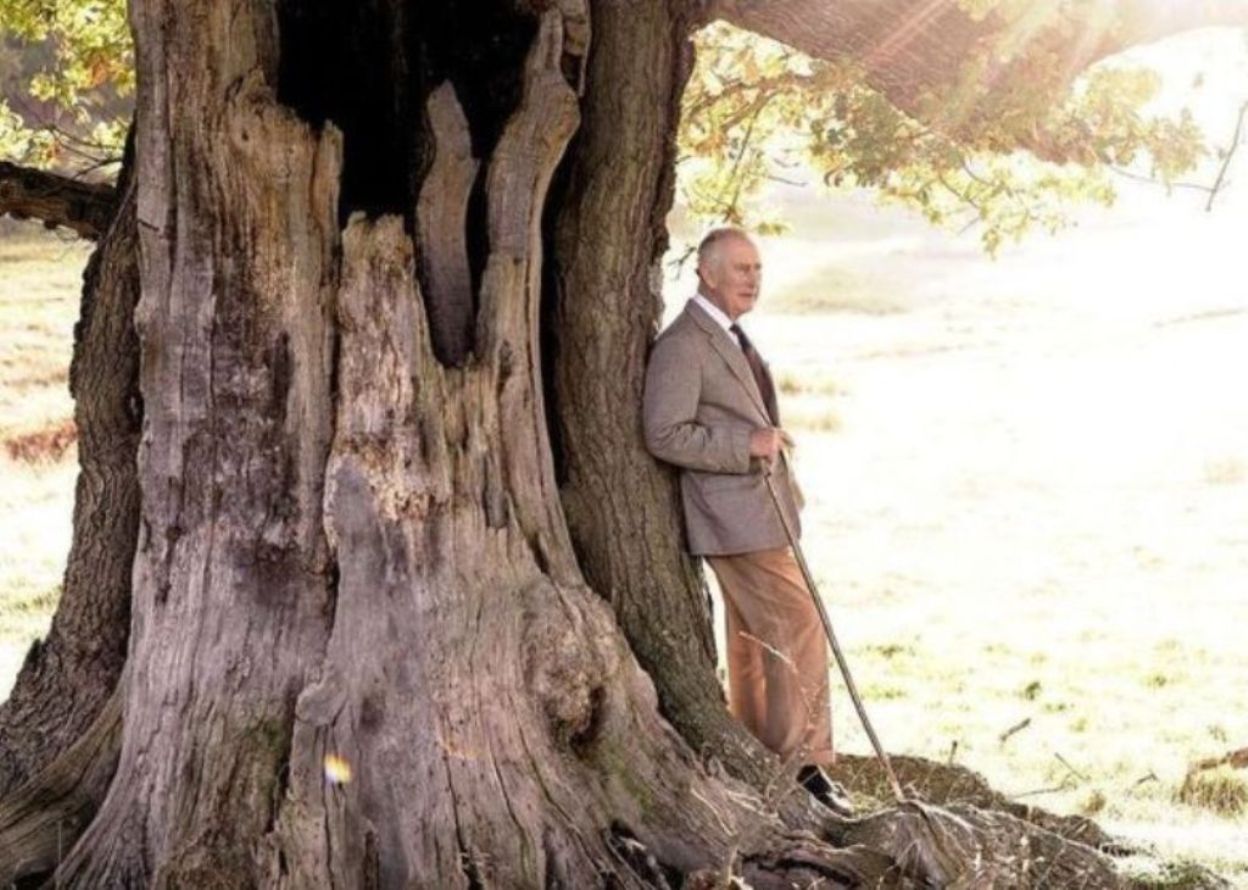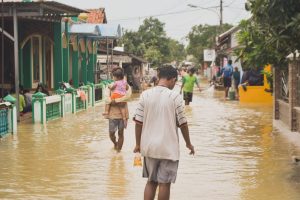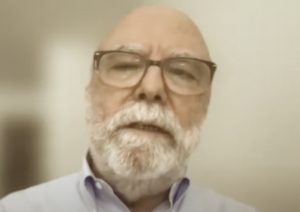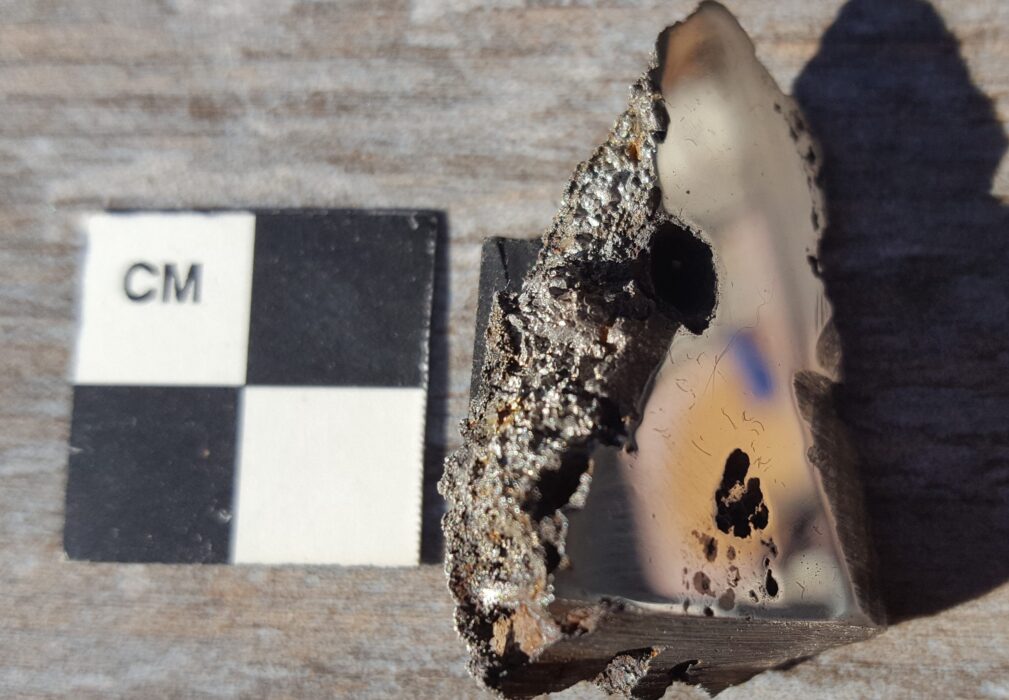London – Few countries have changed since COP26 as much as the United Kingdom in this COP27, where it did not shine on the climate change stage as it did in 2021.
The country has lost its queen, its third prime minister in less than a year, and entered recession. Like everything else here, COP27 was marked by confusion, starting with country representation.
One of the quirks attributed to King Charles was his reputation for talking to trees. Seen as an oddity, it became proof that the monarch was an environmentalist before it became fashionable or mandatory.
On what would have been his 74th birthday in the middle of the conference, the palace released a photograph of the monarch under a tree, fueling his image as a defender of the environment.
The text announces that the King will become a park ranger in Windsor Great Park.
70 years after his father was appointed Duke of Edinburgh, the King officially became Park Ranger of Windsor Great Park.
The ranger provides guidance to the deputy ranger and his team in the day-to-day charge of one of the oldest plantations in the country. pic.twitter.com/yNLMwfOLoa
— Royal Family (@RoyalFamily) November 14, 2022
A ‘green’ king is supposed to boost the country’s image and is perfect to promote it, right? wrong At least for soon-to-be Prime Minister Liz Truss.
In his six weeks in office, he has made economic, political and environmental mistakes. One of them is vetoing the king’s trip to Egypt, a prerogative of the head of government.
The reason may be one of his controversial actions: fracking, which could embarrass King, terrorizing environmentalists.
When she fell, her successor did worse. Rishi Sunak backed Charles’ ‘recommendation’ not to go to COP27, despite his backtracking and support for the ban – and said he would not.
But after clever Boris Johnson took advantage of the vacuum and said he was at COP27 he decided to back off and travel.
Also Read | Antonio Guterres: How the UN Secretary-General Became a Central Figure for Climate Action
However, their presence has not helped restore the government’s worn image on environmental issues.
The media criticized Sunak’s official four-minute speech, saying he said ‘nothing’. Johnson, on the other hand, preferred honesty: at COP27, he was shocked to admit that the country pollutes a lot, but it can’t help poor countries affected by climate change.
It sounds callous, but his opinion resonates with many Britons. A YouGov poll found that only a third of the population (34%) think climate change should be a priority to get investment.
And seven in ten Britons (70%) doubted significant progress since the summit.
In this context, protests by the Just Stop Oil group are viewed with reservation by voters who disagree with street closures and attacks on artworks.
But there is no denying that such actions have their value, and the government and police are torn between the need to control protests and the risk of blaming the oppressors and, worse, colluding with the polluters.
Even with the economic crisis, competition with other global events and the confusion of incumbent officials, COP27 received a lot of attention from the UK press, perhaps due to the country hosting the summit in 2021.
Or the influence of The Guardian, which is strongly involved in the issue of climate change. This may have contributed to competitors keeping the title on the agenda.
He was one of the founders of The Guardian Covering Climate Now Coalition and led it during COP27. A collaborative editorial initiative Published simultaneously by publications in more than 20 countries.
Also Read | Joint editorial by more than 30 newspapers calls for $100 billion in climate aid for poor countries
The text called for a tax on fossil fuels and financial aid to poor countries.
The UK signed the Climate Change Damages Agreement during COP27.
But that doesn’t help to stop the demons that haunt the government of a country dependent on fossil fuels. And it must balance the demands of activists and the press with the expectations of its constituents.
King Charles must be talking to the trees and grinning like a donkey.
This article is part of the MediaTalks special COP27.
Also Read | Interview | Rosental Alves analyzes coverage of climate change and points to avenues for journalism

“Total creator. Devoted tv fanatic. Communicator. Evil pop culture buff. Social media advocate.”



